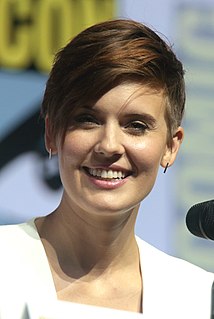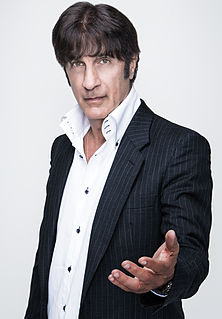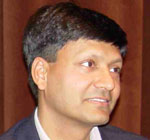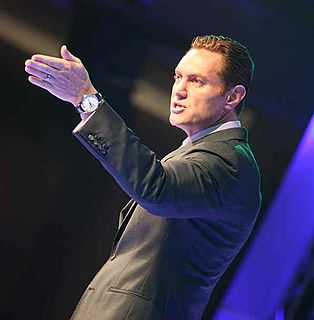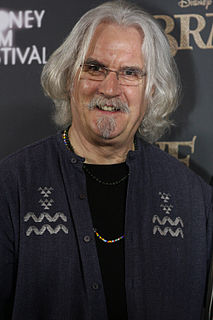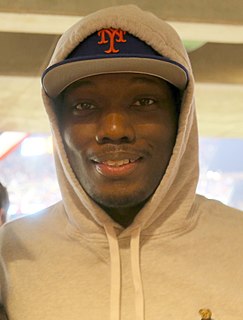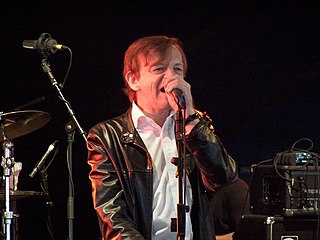A Quote by Maggie Grace
I'm a prolific overanalyzer. And I can always use 15 words in place of three 3, no matter what.
Related Quotes
I want to be connecting with the subconscious, if I can call it that, because there are not to many words to describe the real deep inner part of a human beingI want to be at that place where everything is blotted out and where creativity happens, and to get there I practice, you know I'm a prolific practicer, I still practice every dayYou have to have the skills, then you want to not think when you're playing, that's when you let whatever deep level of creativity, spirituality, I mean, you know these words are so inadequate these days but you want to get to this place where they exist.
I have this theory that the more important and intimate the emotion, the fewer words are required to express it. For instance in dating: 'Will you go out with me?' Six words. 'I really care for you.' Five words. 'You matter to me' Four words. 'I love you.' Three words. 'Marry me.' Two words. Well, what's left? What's the one most important and intimate word you can ever say to somebody?
'Goodbye...'
All singers, no matter how gifted, should always try to go improve. And all students begin in the same place despite the level of their talent. It's like bodybuilding: All people who train use similar exercises no matter how naturally physically endowed a person may be. I have worked with many of the most brilliant singers in modern music and it's always the case that they have a great deal of under-realized potential no matter how amazing their abilities.
I’ve come in and out of America for… well, I’ve lived here for 15 years. And I’ve played here for nearly 30 years. On and off. But I’ve always played to my fan base. And I can come and do two or three nights in New York or two or three nights in L.A., and all that. But when I go away, nobody knows I’ve been gone. You know, I don’t get reviewed or anything like that. So that’s why I’ve come back and done a longer time in a smaller place, in New York. It’s always the people who live here that get a chance to know me.
